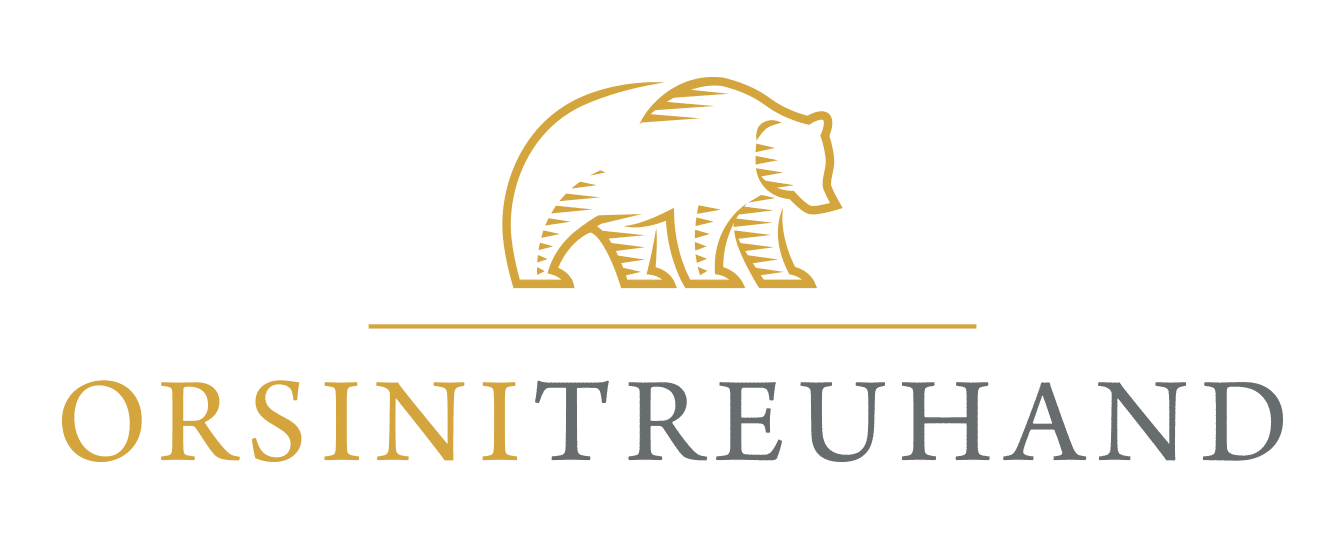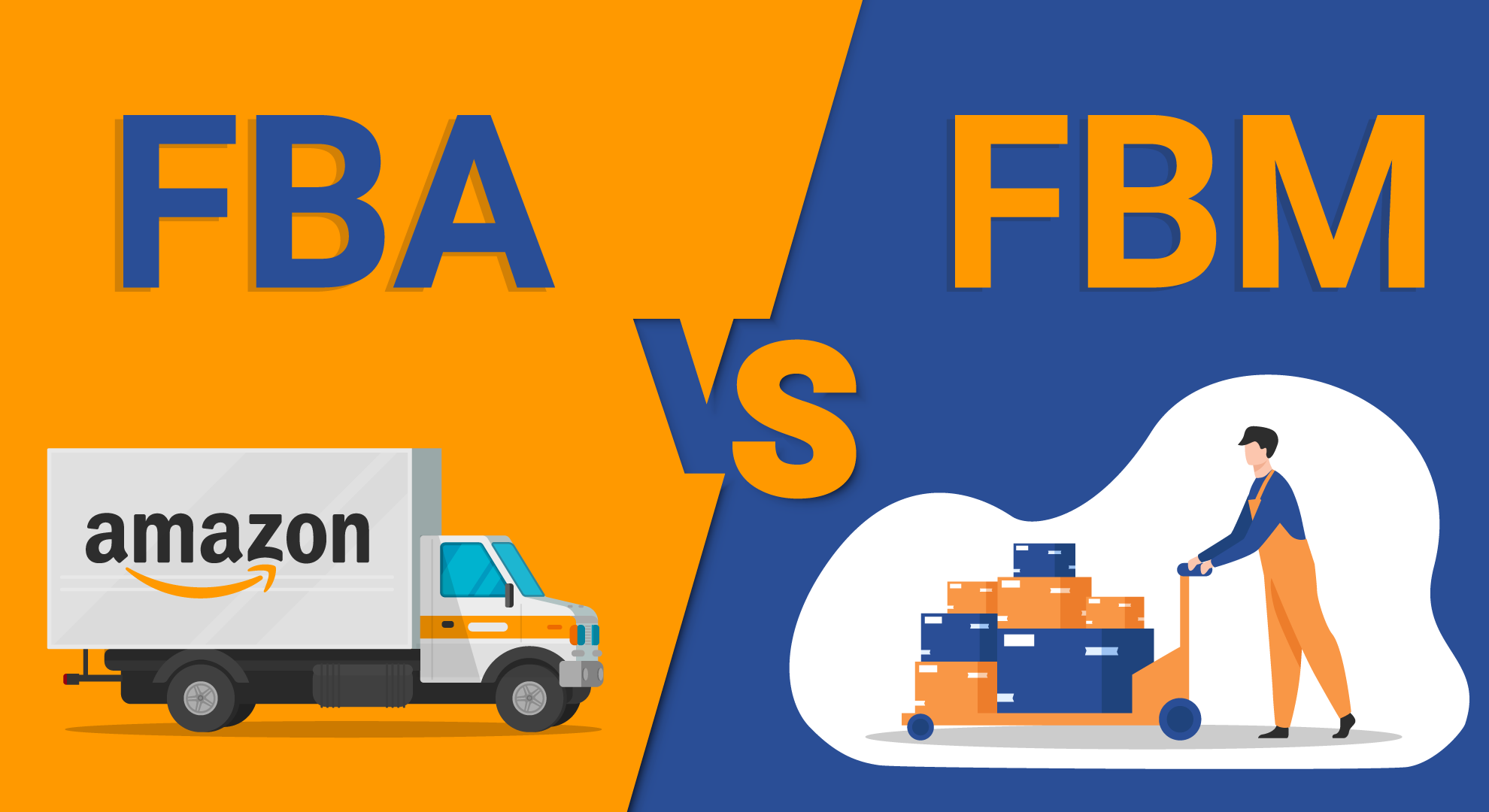The automatic exchange of information (AEOI) is an international standard developed to combat cross-border tax evasion. Switzerland has joined this standard and has been exchanging financial account information with other participating countries since 2017. This article provides an overview of the AEOI law in Switzerland and its impact on taxpayers and financial institutions.
Background of the AIA:
The global financial crisis and the uncovering of tax evasion scandals have led to a growing need for transparency in the international financial system. In this context, the AEOI was developed by the Organization for Economic Cooperation and Development (OECD). The aim of AEOI is to promote tax honesty and to combat tax evasion more effectively.
How the AIA works:
The AEOI is based on the principle that financial institutions in participating countries collect information on financial accounts and report it to their respective tax authorities. Subsequently, the information is exchanged between the tax authorities of the participating countries. In Switzerland, financial institutions are required to report information on accounts held by individuals and entities that are tax residents of an AEOI partner state.
Reportable information:
Reportable information includes, but is not limited to:
- Identification data of the account holder (name, address, tax identification number)
- Account number
- Name and identification number of the reporting financial institution
- Account balance or value at the end of the calendar year
- Total amounts of interest, dividends and other income credited to the account
Impact on taxpayers and financial institutions:
For taxpayers, AEOI means that their foreign income and assets are automatically reported to the tax authorities in their home country. This makes the concealment of assets and income in offshore financial centers much more difficult.
Financial institutions in Switzerland must prepare for the new reporting requirements and implement appropriate procedures and systems to collect and report the required information to the Federal Tax Administration (FTA).
Conclusion:
The automatic exchange of information (AEOI) in Switzerland is an important step towards promoting tax transparency and combating tax evasion at the international level. Both taxpayers and financial institutions must be aware of the new legislation and take the necessary measures to comply. ORSINI Treuhand AG is aware of the challenges arising from the AEOI and offers professional advice to clients who have concerns about their tax situation. In addition, ORSINI Treuhand AG supports clients in carrying out post-declarations to ensure that they meet their tax obligations and comply with the regulations of the automatic exchange of information.


